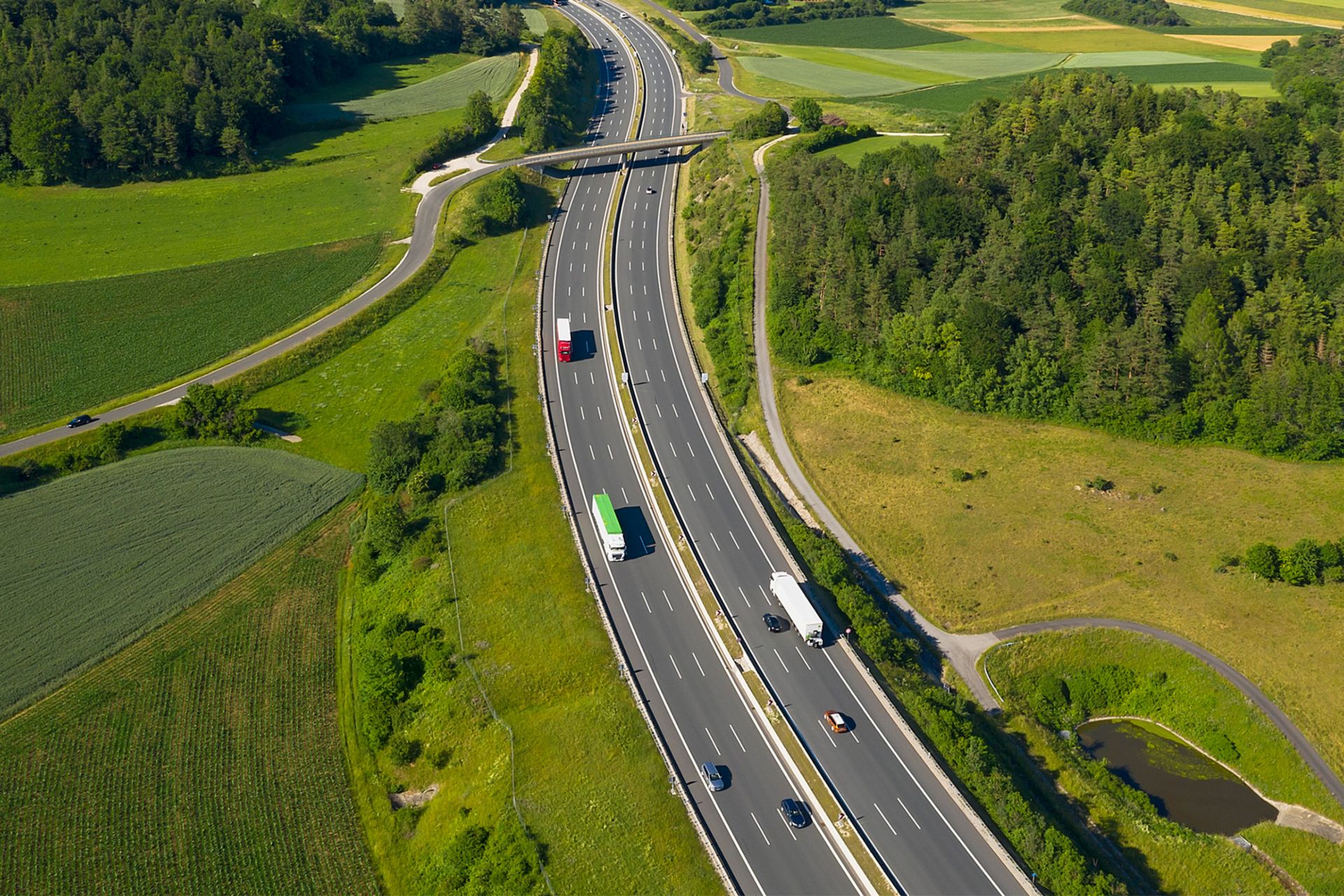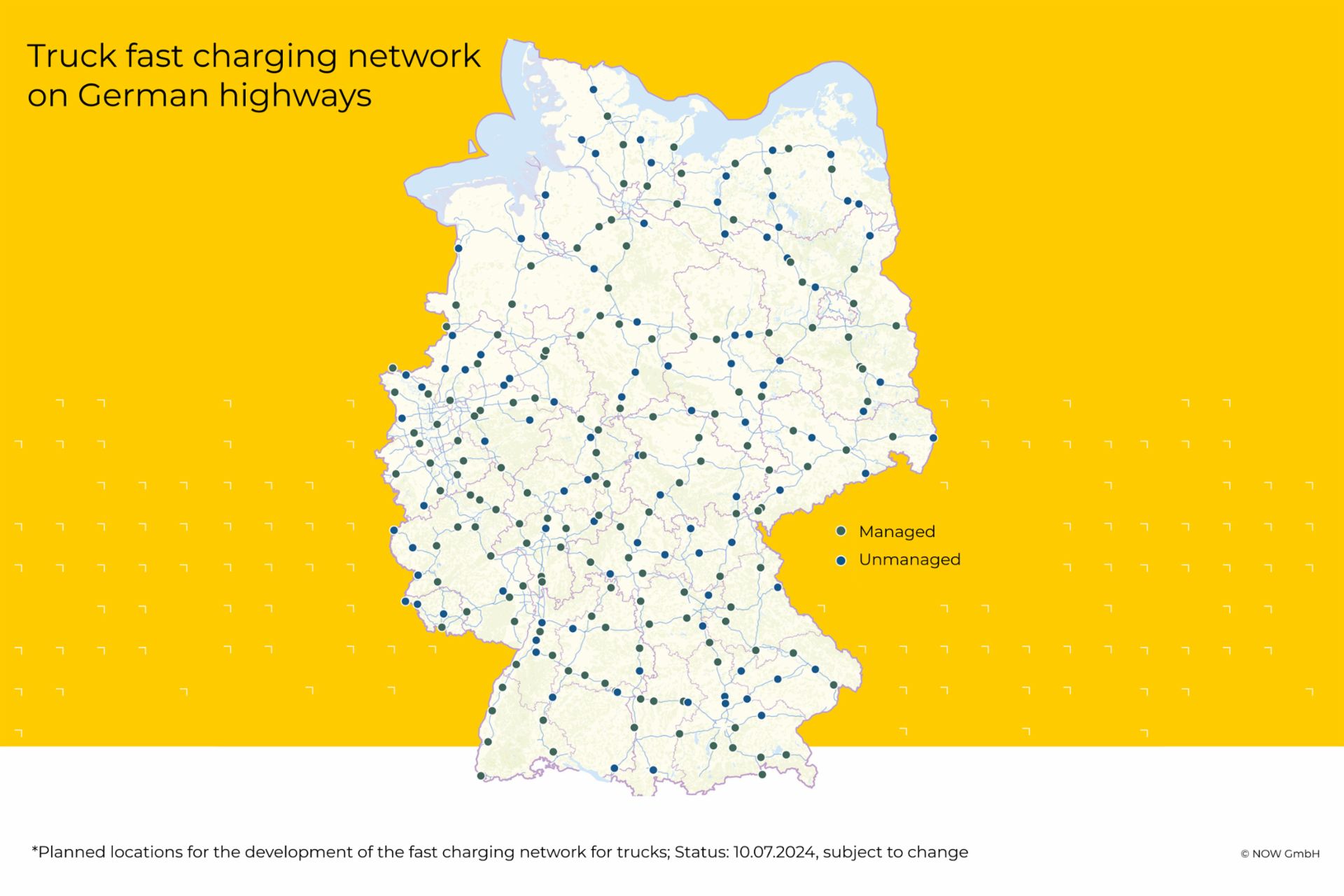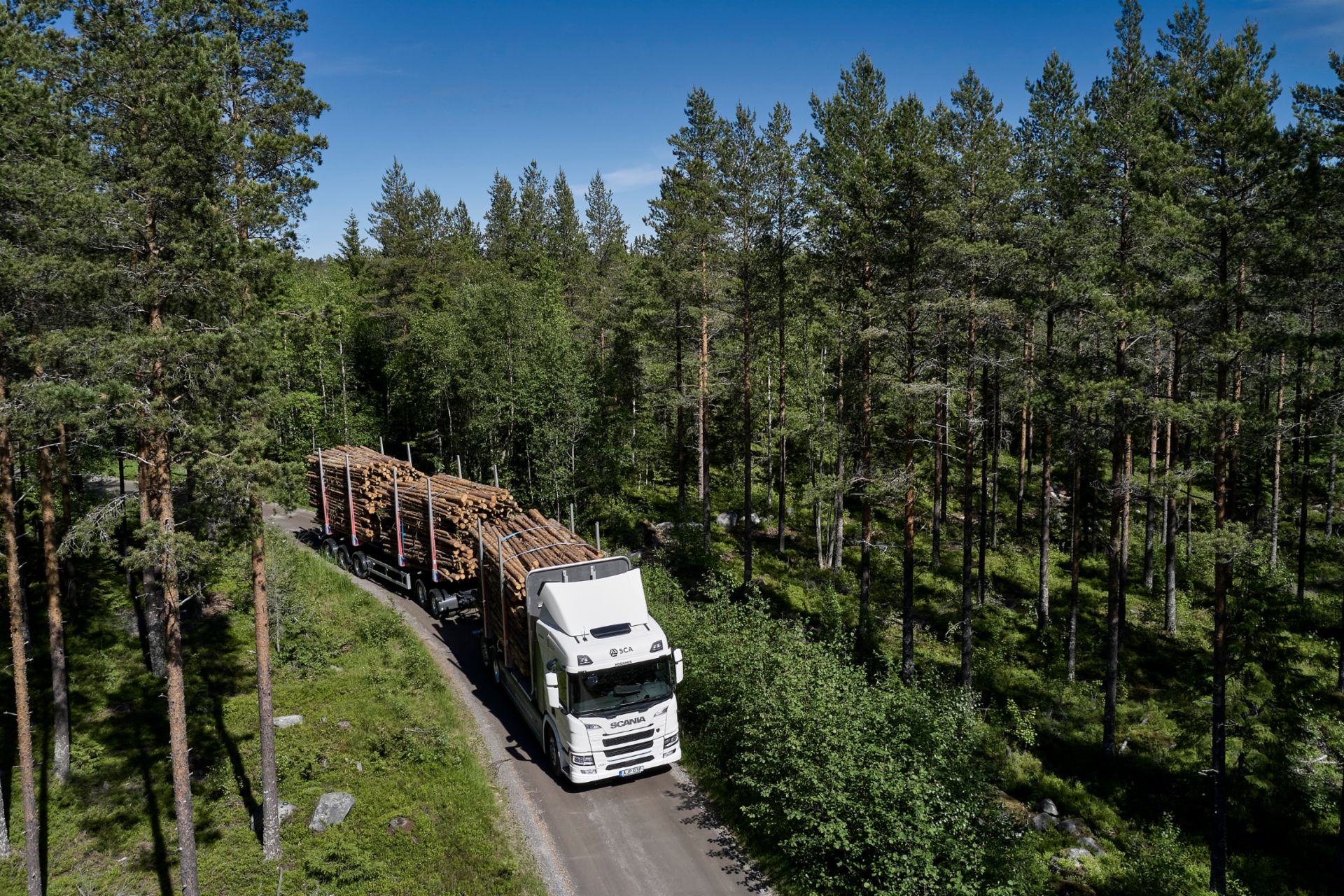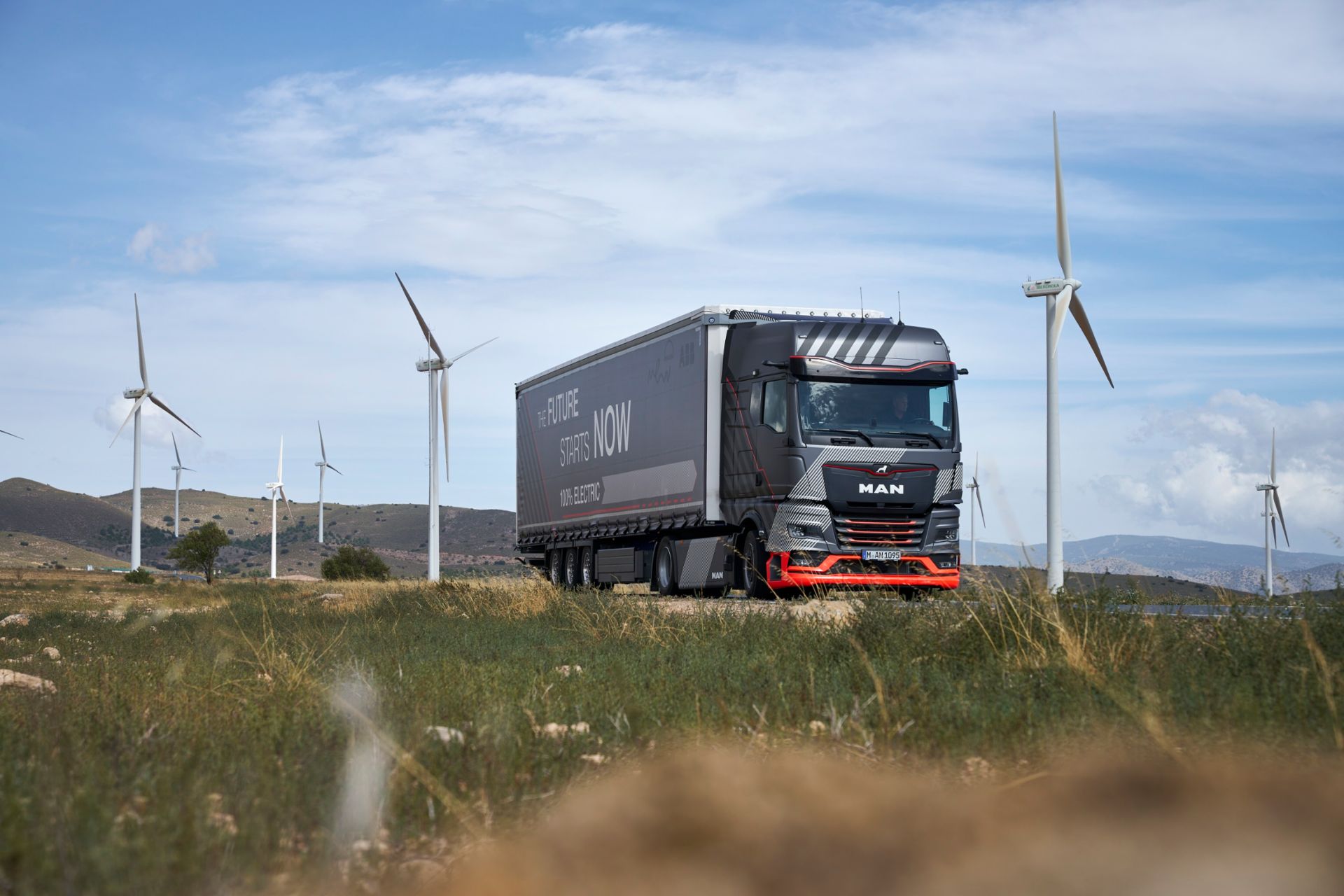The German federal government recently approved the launch of its first e-truck charging network, with 350 locations to be tendered in September 2024. This initiative, announced by the Federal Ministry of Transport (BMDV) and the Federal Ministry of Economics and Labor (BMWK), aims to establish a “nationwide, demand-driven, and user-friendly charging infrastructure” to facilitate the swift market introduction of heavy-duty BEVs.
The truck charging stations are to be built along German highways, in addition to planned charging parks for passenger cars. With its Charging Infrastructure Master Plan II, the German government has decided on measures to establish electric truck charging infrastructure for the first time, including a fast-charging Megawatt Charging Standard (MCS) network.
Germany is lagging when it comes to meeting the Alternative Fuels Infrastructure Regulation (AFIR) to build a publicly accessible charging infrastructure for heavy-duty vehicles (HDVs). What is current the status?
Since April 2024, new EU rules have required member states to set up BEV charging stations. This is in adherence with the AFIR, which sets specific mandatory targets for EU member states. These stations must be placed every 60 kilometers on core Trans-European Network (TEN-T Network) connections and every 100 kilometers on non-core TEN-T Networks by 2030. In Germany, at least 32 public truck charging points must be built along the country’s most important highways by 2025, 104 by 2027 and at least 314 by 2030. Although Germany experienced delays in setting up its public charging network, it is now progressing with a tender for an initial e-truck charging network at 350 locations, starting this month.
How will the new charging network be implemented?
The truck charging stations will be built along Germany’s federal highways, complementing the planned charging parks for electric cars. In its Charging Infrastructure Master Plan II, the federal government included specific measures for electric trucks for the first time, ensuring the construction of this essential infrastructure. This plan also involves developing a fast-charging network for e-trucks along the federal highways, although it is starting one year later than initially planned. The 2024/2025 budget allocated a total of €2.1 billion for the first round of tenders and the financing of grid connections for both car and truck charging infrastructure.
The truck-compatible fast-charging infrastructure will include 4,200 charging points at 350 locations, with 220 managed sites and 130 unmanaged sites. Of these, 1,800 will adhere to the MCS with a nominal charging capacity of at least 1 MW. This is significantly more than the AFIR requires, which is considered insufficient for commercial BEVs. Additionally, 2,400 charging points will use the existing Combined Charging System (CCS), which is also used for passenger cars and supports overnight truck charging. Due to an ongoing court case, work will initially begin at unmanaged rest areas.
Why is it so important Germany developments publicly accessible charging infrastructure?
Germany is Europe’s most important transit hub. Its central location and extensive road network make it a key player in continental logistics. Numerous trucks transporting goods pass through the country as they travel from north to south or west to east across Europe. In fact, over 43% of the distance covered by trucks in Germany is by non-German vehicles. If these trucks cannot be charged while passing through the country, e-trucks will face significant challenges.
As the transportation sector moves towards electrification, it is crucial to establish a robust charging network for HDVs – especially for Germany. As well as supporting the country's own transportation needs, it will also ensure that international trucks can continue to operate efficiently while reducing their environmental impact.
What specifically needs to be considered when tendering a truck charging network?
Developing a fast-charging network for trucks requires two main steps. First, the power distribution network must be expanded, which starts with grid operators applying for grid connections. Second, charging stations need to be constructed, initiated by funding tenders.
To secure contracts for these grid connections, suitable locations are being identified. The responsible organization is testing and implementing the necessary infrastructure at these sites. Grid connection orders have already been placed for the first locations.
It’s crucial to involve network operators early in the process. The earlier the energy sector is involved in planning, the faster grid connections can be established. This early involvement ensures that the grid expansion at approximately 350 locations meets all necessary requirements from the start.
Are you satisfied with the current progress in Germany as a key transit country?
The current power grid isn’t strong enough, and there’s not enough green energy available, which limits the growth of commercial BEVs. This issue can only be resolved with strong and swift support from politicians. The German government’s recent decision to start building an initial e-truck charging network is a step in the right direction. However, by 2030, a public fast-charging network with as many MCS charging points as possible needs to be established to allow e-trucks to recharge during their mandatory 45-minute rest breaks on long-distance routes.
“The German government’s recent decision to start building an initial e-truck charging network is a step in the right direction. However, by 2030, a public fast-charging network with as many MCS charging points as possible needs to be established.”
Dirk Höke Head of Governmental Relations at the TRATON GROUP
What steps are still required and what happens next?
We need to pay close attention to depot charging because this will be the first experience most of our customers have with e-trucks. Initially, depot charging will be the most important option, not only for local and regional transport but also for long-distance travel, as trucks will start their journeys fully charged from the depot. This is especially important, since creating a widespread publicly accessible MCS network across Europe will still take some time.
We recognize the challenges: customer costs, space requirements at depots, and the capacity of local energy suppliers to provide the necessary grid connections. The current AFIR regulation, which focuses on charging stations along TEN-T networks, won’t be very helpful for depot charging needs.
As the transportation industry rapidly shifts towards sustainability, TRATON Charging Solutions, led by Managing Director Petra Sundström, will be instrumental. This innovative service entity, under the umbrella of the TRATON GROUP, is dedicated to simplifying electric commercial transport by providing reliable and seamless charging. We also aim to share our learnings with colleagues outside of Europe and succeed in other regions by adapting to local regulations for both depot and public charging.

.png)




